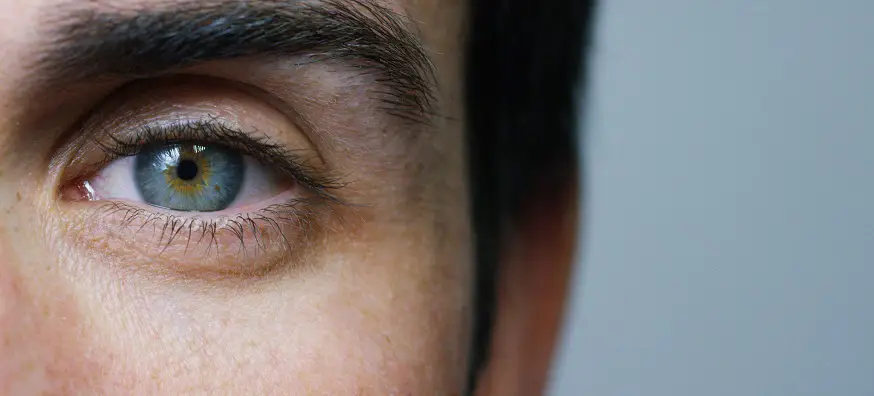Fasting has been around for a long time, back when we were living in caves and food was harder to come by, we would have to fast quite often. Fasting is the practice of not eating or drinking anything. Traditionally, we eat throughout the day and fast at night, that's why breakfast is called ‘break-fast’ because you are stopping your fast by eating. There are several types of fast, a ‘dry fast’ means you don’t have any food or water. Intermittent fasting means you eat in a certain time window (typically 8 or 16 hours) and fast for the rest of the day/night. The 5:2 diet (where you eat normally for 5 days of the week and eat 25% off your recommended daily calories, usually 500 calories, on the remaining two days) and the 16:8 diet (where you eat for 8 hours and fast for 16, hours) have made fasting popular with those trying to lose weight.
Why do a fast?
People choose to fast for all kinds of reasons. Some fast to try and lose weight. Some do it because they believe it helps to clear their mind and improve their health, and others fast because it’s part of their culture or religion.
Hindus and Muslims fast for cultural and religious reasons, they believe doing so also rids the body of toxins and promotes a clear mind. Fasting can be safe if it isn’t done for too long as longer periods of fasting can have a negative impact on your health.
Should I do a fast?
When done safely, fasting can improve your gut health, speed up your cellular repair process, improve your sleep, give your body a break from digestion and potentially improve your eyesight. Generally, fasting for 24 hours or less will not have any negative health implications. However, that doesn’t necessarily mean that everybody should do one. You should avoid doing a fast if you’re:
- Feeling unwell
- Underweight
- Pregnant and/or breastfeeding
- Type 1 diabetic
- Are prone to eating disorders or disordered eating
- Taking medicine

What happens to your body during a fast?
It takes several days or weeks without food before your body will go into starvation mode, this should be avoided because it can very seriously lower your metabolism (which will not recover once you start eating). In a prolonged fast your body will also start to store fat that it would usually burn, and eventually when that runs out, your body will burn muscle.
During a short fast (less than 24 hours) you will probably experience:
- Irritability
- Weight loss
- Lower energy
- Improved brain function and memory
- Headaches
- Improved vision
- Higher blood sugar levels
- Increased human growth hormone
Can I treat myopia by fasting 16 hours a day?
Many people claim that myopia can be treated through intermittent fasting, you can find personal blog posts about people’s short-sightedness disappearing with the cause being linked to fasting. There isn’t enough evidence to prove that this is the case and more studies need to be done in the area.
Fasting may cause dry eye
When fasting for long periods of time, the body lacks the nutrients it needs to keep your health in optimal order. This includes the protein layer of your eyes, which helps to regulate the moisture levels and keep your eyes lubricated and comfortable.
Research suggests that fasting for a long period can change the protein levels in the tear film of your eyes. The study showed participants had less tear proteins whilst the body was fasting, this could possibly put them at risk of dry eye disease as a result.
Disclaimer: The advice in this article is for informational purposes only and does not replace medical care or an in-person check-up. Please check with an eyecare professional before purchasing any products or remedies. For information on our article review process, please refer to our Editorial Policy.

 Offers
Offers Account
Account
 Favorite
Favorite
 Basket
Basket

 OFFERS
OFFERS

















